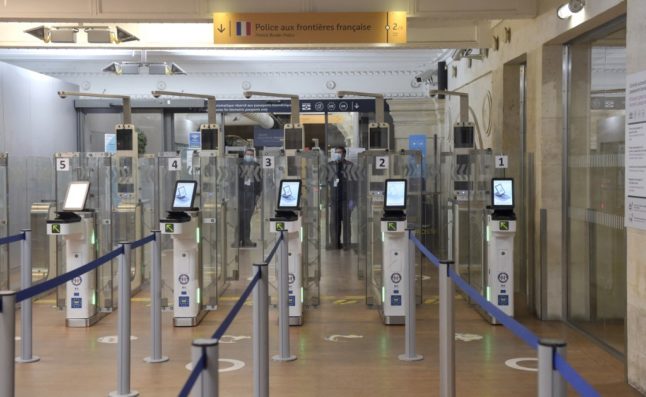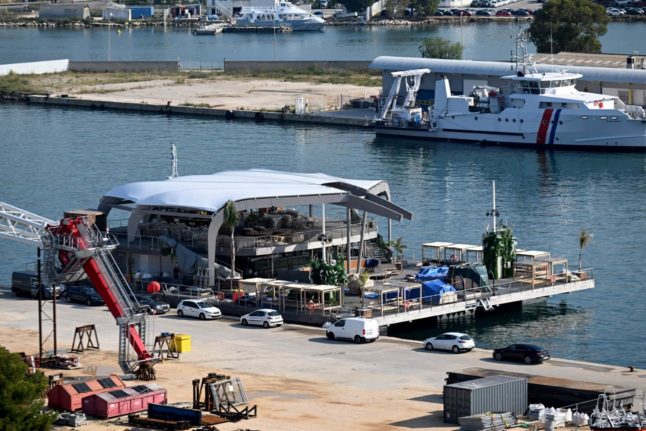Question – I’m British and a frequent visitor to France and since Brexit my passport is stamped when I enter and leave the country, in order to keep track of my 90-day allowance. However I’ve recently renewed my passport and of course the new one has no stamps – does this mean that I get a new 90-day allowance?
While it may seem like passport renewal could be a loophole for getting around the 90 day rule when visiting France, you should not attempt to spend more than 90 days out of every 180 in the Schengen zone without a visa or residency permit.
Non-EU nationals including Americans, Canadians, Australians and – since Brexit – Brits are limited to spending only 90 days out of every 180 within the EU. Anyone who wants to spend longer than this needs to apply for either a passport or a residency card. These rules apply whether you want to move to an EU country such as France to live, or simply want to make frequent or long visits here.
The 90-day ‘clock’ covers all EU and Schengen zone countries – if you need help calculating your time spent in the Schengen zone, you can do so using this online calculator HERE.
Passports are stamped on entry and exit to the EU/Schengen zone, with dates of entry and exit.
However, getting a new passport does not reset the clock – some have suggested that a new passport could be a work-around, as it would not show previous entry/exit stamps which are used to calculate the amount of time a non-EU national person has spent in the Schengen zone.
The primary reason is that passports are in most cases automatically scanned when you enter and leave the Bloc, which makes it easy to spot over-stayers and for border forces to enforce the 90-day rule. This means that border forces do not only rely on the physical stamps in your passport.
The EU’s new EES – Entry and Exit System – will tighten up the scanning process, but its entry has been delayed.
READ MORE: How does the 90-day rule work in France?
While in previous years France may have earned itself a reputation among non-EU travellers as being not too fussy about the exact exit date of people who aren’t working or claiming benefits, the reality is that you do not want to risk the possible consequences that can come with overstaying in the EU.
If you are caught over-staying your allocated 90 days you can end up with an ‘over-stay’ flag on your passport which can make it difficult to enter any other country, not just France, and is likely to make any future attempts at getting visas or residency a lot more difficult.
The consequences for staying over can also include being fined – since Brexit, British visitors have reported being stopped and fined at the border upon exit if they are found to have spent more than 90 days in the Schengen zone.
Keep in mind that the 90-day rule does not apply to all non-EU countries – some states, such as India, are required to have a visa for even short stays. You can access the European Union’s map that outlines which countries require visas for short stays to check to see if you are eligible.
To learn more about the 90-day rule, and alternative options for how to stay in France longer than just 90 days out of every 180, click here for The Local’s guide



 Please whitelist us to continue reading.
Please whitelist us to continue reading.
Member comments